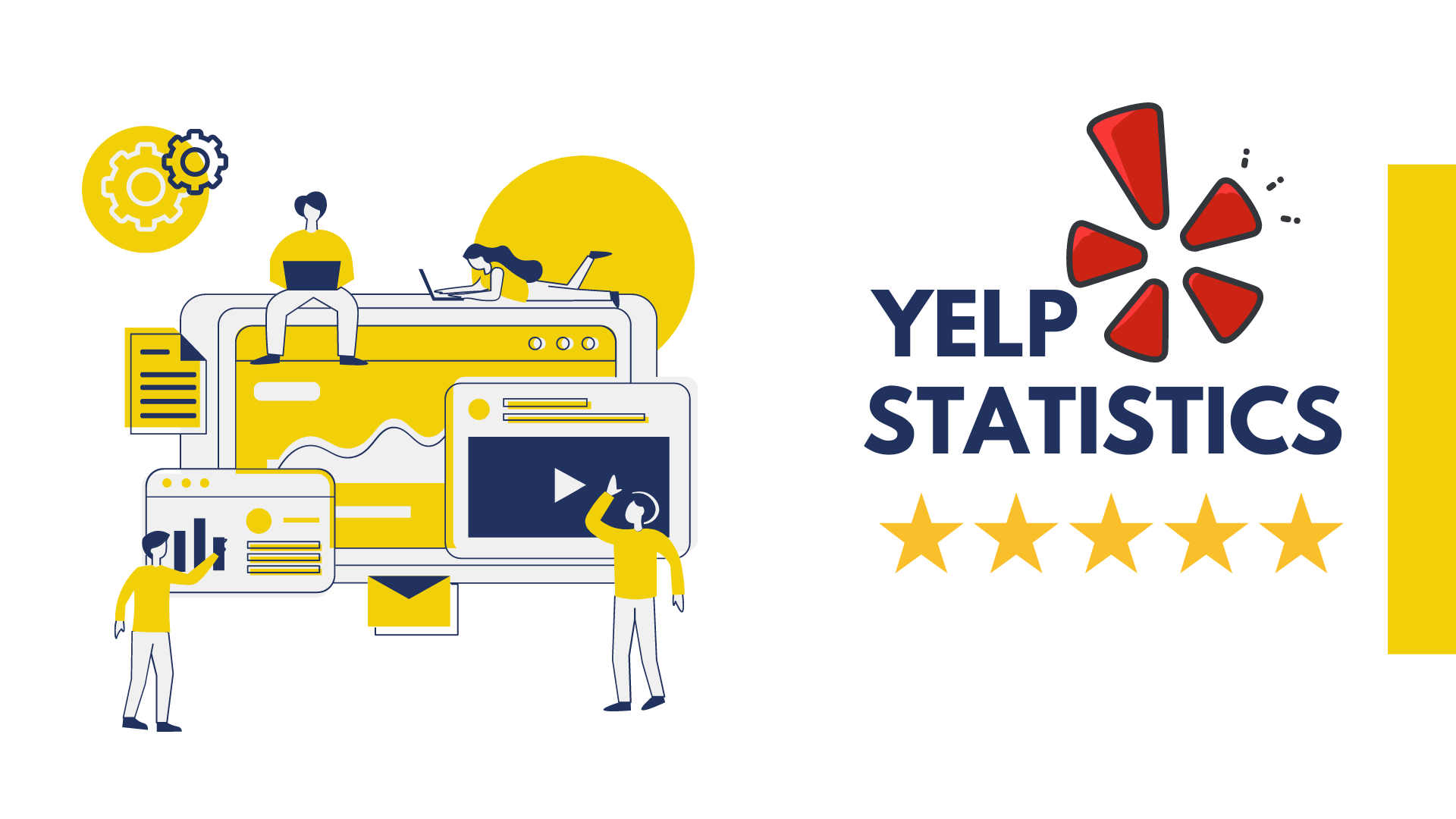Top 10 Best BPM Software Products
Page Contents
Just how big is the business process management (BPM) software market? It depends on who you ask. International Data Corp. (IDC) has said the BPM market is experiencing a growth rate of 8.2 percent per year and is worth more than $3.2 billion annually. Customer Marketing Insights said the total was more like $3.4 billion and would be rising to $10 billion by 2020. But another study from MarketsandMarkets places the value considerably higher at $6.96 billion by the end of this year and rising to $13.52 billion by 2021. That’s an annual growth rate of 14.2 percent.
A recent Forrester Research survey discovered, however, that only 26 percent percent of firms use BPM or workflow systems to support the majority of their business processes. And 69 percent think that these systems will support most or all of their firm’s processes within the next two years. So there is plenty of room for growth, which might be why so many firms are involved in this field.
“BPM software is a crowded market with many vendors growing well and able to invest in innovation,” said Maureen Fleming, an analyst at IDC.
But which are the best BPM software products to consider? Here are some candidates:
Bpm’online
Bpm’online has out-of-the-box processes for service, sales and marketing that sit on a business process management platform. The system allows for modeling and running complex processes, whether they are branched or parallel processes. The company stresses an open configuration, agile deployment options and easy customization.
The core of the platform is its BPM engine, which provides tools for design, execution, monitoring and analysis. It supports runtime process evolution — modification of running processes. It also makes use of the Business Process Model and Notation (BPMN) standard, the most widely used business process notation in the world. As a result, process diagrams are easy to understand and simple to tailor to specific organizational needs.
“BPM enables companies to detect inefficiencies and painlessly adjust processes, in addition to helping replicate successes throughout the company,” said Katherine Kostereva, CEO and managing partner at bpm’online. “If you evaluate why some teams are reaching their goals while others are struggling, you will be able to identify processes that foster success. BPM software also enables an organization to: establish what is currently happening, how predictably and why; to measure how efficiently the process is working; to gather information in order to understand where waste and inefficiency exist and their overall impact on various aspects of the company; and to develop new improved processes to address various issues.”
BP Logix
BP Logix Process Director is a BPM platform built on .NET technology that is web-based, mobile-capable and browser-agnostic. It coves workflow automation, smart forms and the ability to reuse business rules without programming. It has a simple interface for the creation of complex workflows and it builds electronic forms using Microsoft Word.
Software AG
Software AG’s Digital Business Platform (DBP) is said to enable businesses to transition smoothly to a more customer-responsive, competitive and agile enterprise. Using the DBP Agile Process Platform, companies can create business applications based on orchestrated, managed and monitored business processes or workflows. It is also loaded with BPM best practices and content to get users started and to help them quickly show results.
“We see the BPMS market transitioning from traditional process management to an engagement style adaptive applications mindset,” said Rick McEachern, vice president product marketing, agile process platform, Software AG. “Such a shift allows them be more responsive to customer requirements, regulatory changes and their competition.”
He added that in addition to BPM process orchestration, users want to see how their systems are running right now — not just after the fact. For that they need real-time monitoring and analytics capabilities to help them achieve business transparency by discovering processes and performing analytics based on data, processes and organizational metrics. Software AG’s DBP platform is integrated with these capabilities.
AgilePoint
AgilePoint NX is a Microsoft-based platform with components called Server, Designer, Portal, Forms and Reports. These operate together to form an application development framework that enables business and IT to collaborate on BPM and other functions. It is available on premises and in the cloud.
Oracle
The Oracle BPM Suite 12c platform offers a single design-time and unified engine for processes, cases, rules, human tasks, forms, analytics and integration. It is integrated with Oracle WebCenter Content and Oracle WebCenter Portal.
The suite provides support for collaboratio, and is said to improve process efficiency by raising utilization and throughput. Visibility into processes is improved by providing real-time analytics. In addition, it is said to simplify compliance.
The company also offers the Oracle Process Cloud Service, which is said to empower the business user to manage the lifecycle of business processes and gain actionable insight on process health and SLAs, all in the cloud.
Pegasystems
The Pega 7 platform includes BPM, case management, application development, a decision hub, mobile functionality and cloud services. It is said to make it easy to build business applications that fit organizational processes.
Appian
Appian includes tools for rapid building of BPMN-based processes, a native process repository to capture and stores process models for reuse, business rules to define policies and procedures, a forms interface for creation of task forms and dashboards, and complex event processing for tracking, analyzing and responding to business events.
Tibco Software
Tibco is well known in the field of application integration. It brings this know-how to the BPM field and is experiencing growth in its BPM offerings. Although it was acquired in 4Q14 by Vista Equity Partners, it continues to operate and expand.
Its business process platform is composed of TIBCO ActiveMatrix BPM + TIBCO Nimbus. This provides a three-pronged attack into the BPM field with tools for business process analysis and BPM analytics that sit on an overall business process platform.
IBM
Summarizing IBM’s BPM portfolio isn’t easy. Its products include IBM Business Process Manager, Blueworks Live, Operational Decision Manager, Business Monitor, IBM Analytical Decision Management, IBM Bluemix, IBM InfoSphere Streams, IBM FileNet Content Manager, IBM Integration Bus and IBM MobileFirst Platform.
“IBM is steadily expanding beyond its traditional systematic, on-premises approach to BPM in order to address cloud-based deployment and more agile, lightweight projects,” said Gartner analyst Rob Dunie.
AuraPortal
AuraPortal Helium is Microsoft .NET-based BPM platform that is strongest in Latin America, the Middle East and Europe. Its implementation in the Costa Rican National Insurance Institute has 2 million active users.
The BPM Challenge
While these tools and suites are valuable in providing the technological foundation for a BPM initiative, this remains a challenging field. There is no one-size-fits-all answer to which product will be the best fit. Those engaged in product selection, therefore, should realize that product evaluation is only part of the picture — but one that can set the organization on the path to BPM success.
“Managing business processes effectively is a difficult challenge for today's business leaders, because many of the systems that are used within processes are rigid and difficult to change rapidly,” said Dunie. “It is even more important today for systems to be flexible and responsive, allowing process participants to intelligently respond to events.”
Drew Robb is a freelance writer specializing in technology and engineering. Currently living in Florida, he is originally from Scotland, where he received a degree in geology and geography from the University of Strathclyde. He is the author of Server Disk Management in a Windows Environment (CRC Press).

Drew Robb is a writer who has been writing about IT, engineering, and other topics. Originating from Scotland, he currently resides in Florida. Highly skilled in rapid prototyping innovative and reliable systems. He has been an editor and professional writer full-time for more than 20 years. He works as a freelancer at Enterprise Apps Today, CIO Insight and other IT publications. He is also an editor-in chief of an international engineering journal. He enjoys solving data problems and learning abstractions that will allow for better infrastructure.

